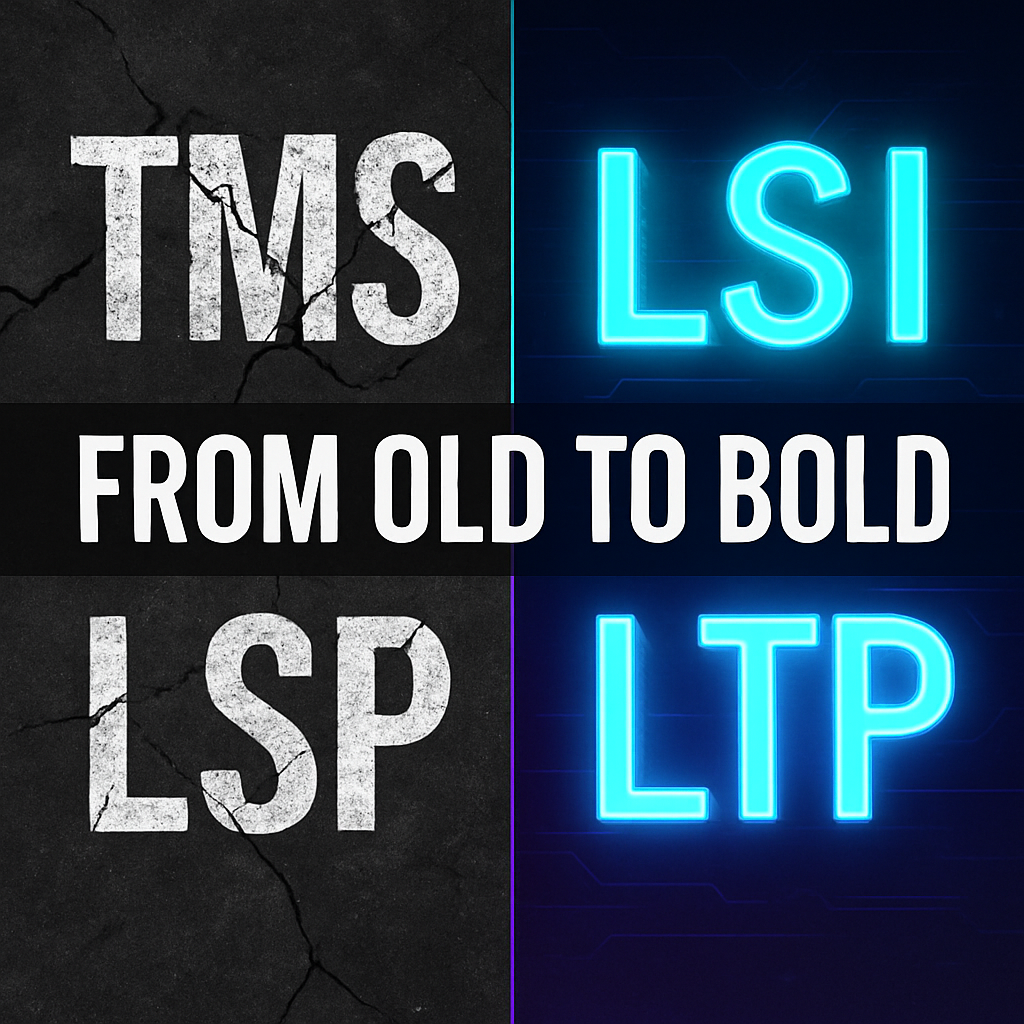How accurate is Google Translate? That’s the biggest question posed when it comes to deciding if it’s worth using, especially when the standards for accuracy increase every year while the patience for reading subpar content decreases in tandem. When it comes to determining the accuracy of Google Translate, it becomes more complex than assigning a simple accuracy percentage.
Determining the accuracy poses the question: “What is accuracy?” By definition, being accurate means being free from mistakes or errors. But in an extremely broad language like English, who determines which translations are mistaken?
For instance, let’s say you translated the following sentence, “He put a band on her finger.” While technically accurate, the client or consumer reading the sentence may see choosing the word “band” instead of “ring” as a mistake. This example demonstrates the answer to the question of how accurate Google Translate is in 2022—it depends on the context of the writing.
What Affects the Accuracy of Google Translate?
As we stated above, the biggest factor in how accurate Google Translate will be for you depends on the context of your content. Google Translate works best for long-form text with simple sentence structure.
Using standardized, non-colloquial text will give you your best chance of receiving a pretty accurate machine translation. The more context given in the standardized sentences, the more accurate the translation will be. For example, the word “liability” has several different meanings. Without additional context relating to the use of the word, Google Translate may not pick the correct definition for your content.
Another factor affecting how accurate Google Translate will be is the amount of data for the language you’re translating. The more data there is, the higher the probability of accuracy. While most internet content is in English, German only shows up in 2% of web pages. This discrepancy would make it harder for Google Translate to give you a highly accurate German translation. The following chart shows how context and data changes can affect Google Translate accuracy:


When using Google Translate with technical, simple content suited for a more accurate outcome, accuracy percentages can be close to 90%, requiring only 10% to be edited for a high-quality translation. The problem is that 10% could easily render content incomprehensible and usually requires a subject matter expert who knows exactly what needs to be changed in the context. That’s why the best outcomes are usually achieved by combining machine and human translation.
Using Google Translate as an Asset
At Bureau Works, we don’t use Google Translate as a sole translator. We combine it with Microsoft Translator for an initial translation round, followed by editing done by an expert linguist that understands the context and what changes need to be made and in-depth quality reviews to ensure the highest level of accuracy possible. We understand that accuracy isn’t a simple, black-and-white concept in language.
The more communication evolves, the more complex the standard of accuracy becomes. We also know that our linguists need to evolve with it to tackle challenges such as gender neutrality, homonyms, etc., and make sure translated content meets your business’ standards. Our definition of accuracy is providing a translation management system that makes certain content is error-free and that it’s understood and enjoyable for any new market.
Unlock the power of glocalization with our Translation Management System.
Unlock the power of
with our Translation Management System.
















.avif)











